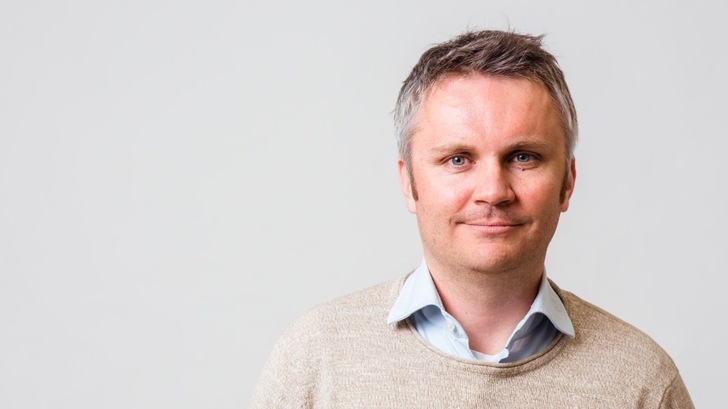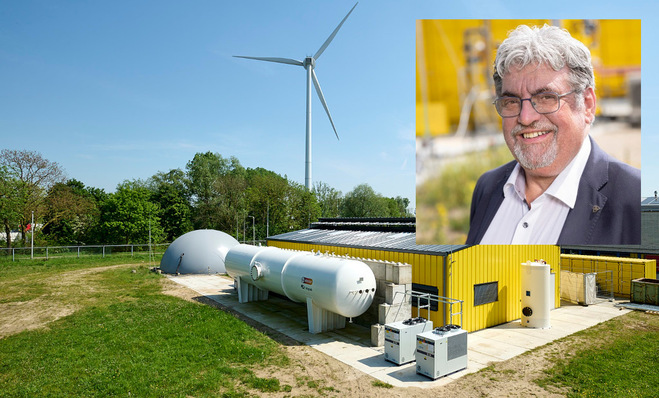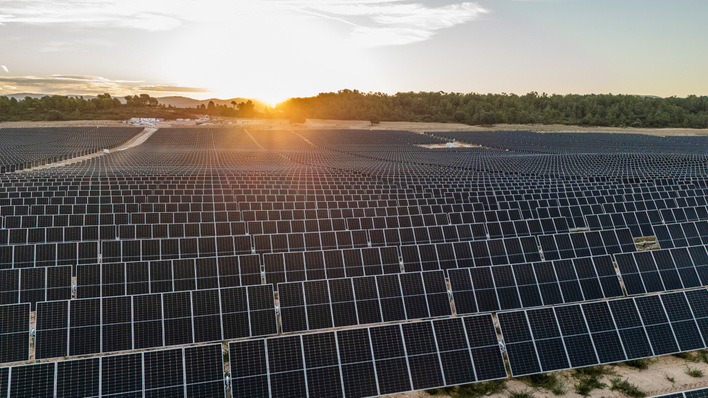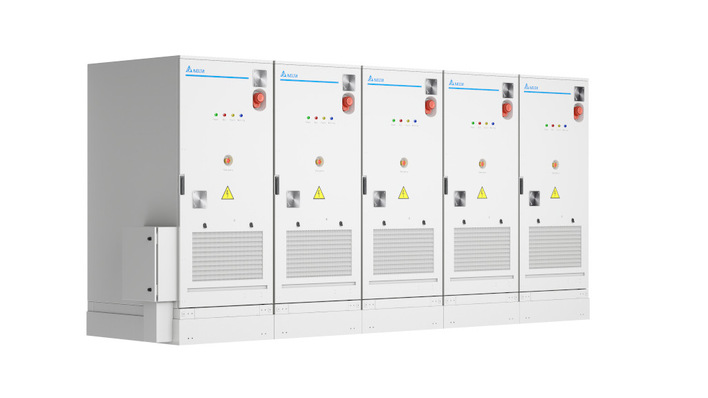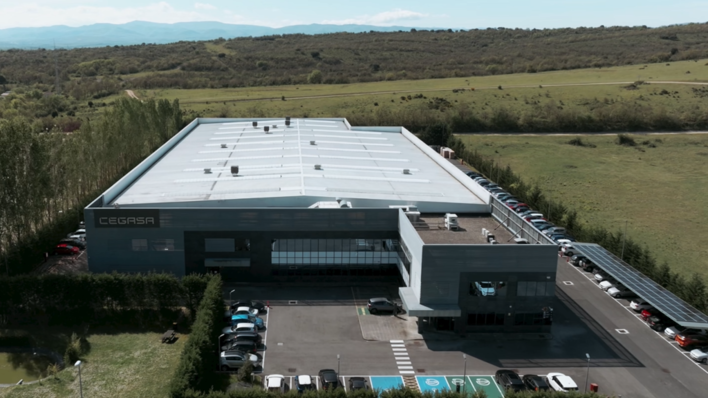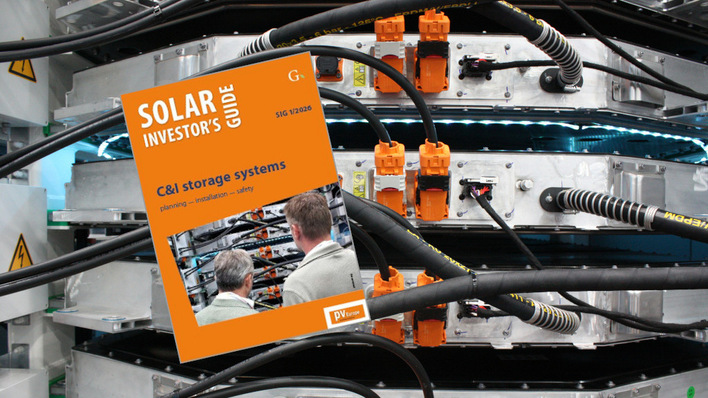This is Part 2 of our interview. If you haven't already, we suggest you go back and read Part 1 first and then come back here.
Will you be presenting a new product this autumn?
Certainly. We have realised that our safe and ecological battery also has some weaknesses in some applications. This is essentially the relatively low maximum C-rate of 0.5, which is too low for some applications, such as peak load shaving and EV charging. That's why we're launching a new product on the market. With our so-called carbocap technology we achieve a fast discharge at the rate of 1C. The new product also has the advantage of being able to be used in an extreme temperature range. Exact details will be presented during the presentation of the new product. For commercial customers, we will in future increasingly offer hybrid solutions combining the new and the tried and tested salt water technology.
What capacities are covered by your portfolio?
The Greenrock Home series of home storage units starts at five kilowatt hours and ends at 30 kilowatt hours. This is where the commercial sector starts, which goes up to 270 kilowatt hours.
Do you use solar power from your own roof for your production?
In Frankenburg we rent the production facility, so there is currently no photovoltaic system. Nevertheless, we would like to use solar power and we are currently negotiating with the landlord to find out what options are open to us.
Is there anyone who particularly calls for your salt water batteries?
This ranges from families living in their own home to public institutions such as schools or kindergartens to farmers and commercial enterprises. Customers attach great importance to safety and environmental aspects. Our storage system is non-flammable and does not contain any toxic materials. That goes down very well.
How important is the cost-effectiveness of the storage unit to your customers?
For customers with feed-in systems, this is certainly not always the first focus. Rather, self-sufficiency, safety and an ecological product are higher on the agenda. Often emotional values are also included in this calculation. Nevertheless, the economic efficiency of the storage system is important. Commercial customers carefully consider this. The storage system must be profitable. Also because important consumers such as milking systems, ventilation, data backup must continue to be supplied even during a power failure. The costs of such a failure would be immense.
What does the stored kilowatt hour in the salt water storage unit cost?
That also depends on the size of the system. Thanks to economies of scale, the cost of storing solar electricity will come down to less than ten euro cents per kilowatt hour in the near future. Our goal is to reach less than five euro cents per kilowatt hour as early as 2023. This would be an important contribution to the energy transition.
The construction of your new production facility will cost five million euros. You have extended your investment subscription period by one quarter to 30 September, 2020. What is the current situation?
The new production facility will be financed with equity capital, the income generated and a grant loan. However, we also want to give interested people the opportunity to invest in a sensible product and to make an entrepreneurial investment. Until the end of September, these people can still acquire profit participation rights with deposits of 1,000 euros or more. We are more than satisfied with the response so far.
The interview was conducted by Niels H. Petersen. (mfo)


